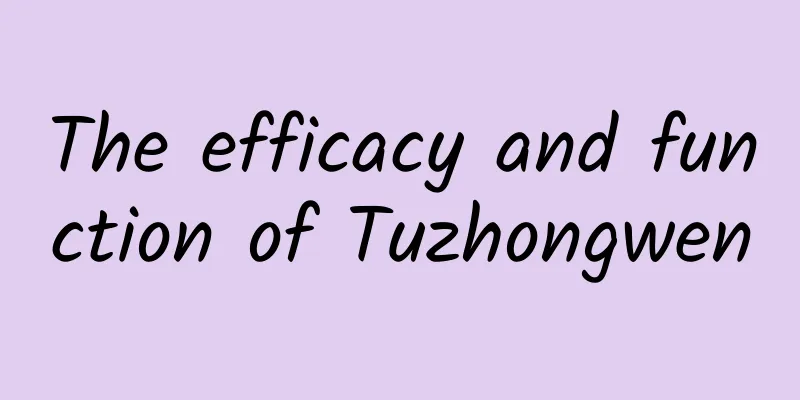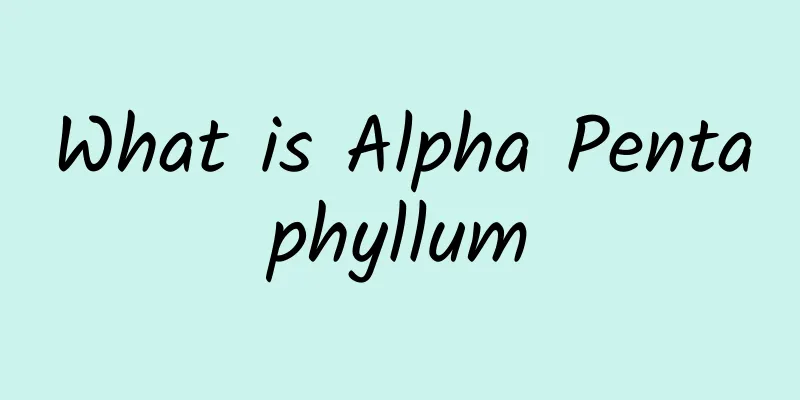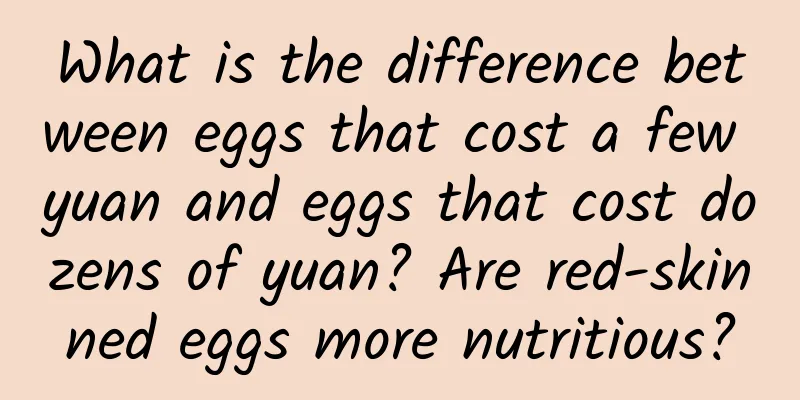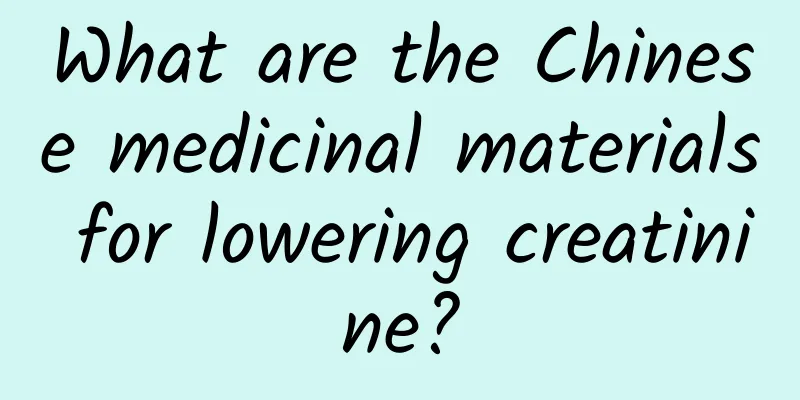The efficacy and function of Xingmutinabu

|
For Chinese medicinal materials such as Xingmutinabu, we should first understand its medicinal value and precautions before consuming it. The following is the relevant introduction about Xingmutinabu. I hope you can read it carefully, which will be of great help for your consumption. 【English Name】 root, leaf or flower of Szechwan-tibet Rabdosina [Other name] Sichuan-Tibetan fragrant tea vegetable [Source] Medicinal material source: the leaves and flowers of the Lamiaceae plant. [Original form] Sichuan-Tibet fragrant tea vegetable, a small shrub, 30-50cm high. The taproot is cylindrical, woody and sturdy. Very many branches, young branches quadrangular, covered with very short soft hairs. Leaves are opposite; petiole is 1-4mm long, with very short soft hairs; leaf blade is oblong-lanceolate or ovate, 0.7-2.5cm long, 0.6-1.5cm wide, obtuse at the apex, gradually narrowed to a cuneate shape at the base, with 4-6 crenate-like serrations on both sides of the middle part of the margin, and densely covered with very short soft hairs and glands on both sides. The inflorescence is born in the axils of gradually smaller bracts or bracts on the upper part of the stem and branches; 3-7 flowers; the lower bracts are the same shape as the stem and leaves, gradually becoming smaller and entire upwards; the bracteoles are ovate or linear, 1-3mm long, often shorter than the pedicels; the calyx is bell-shaped, covered with short soft hairs and glandular dots on the outside, with 5 calyx teeth, slightly 3/2-shaped two-lipped, the two teeth of the lower lip are slightly larger, ovate, with a small tip; the corolla is light purple, about 9mm long, covered with short soft hairs on the outside, and finely pubescent inside in the center of the lower lip; the corolla tube is about 4mm long, with a shallow cystic protrusion above the base, the corolla brim is two-lipped, the upper lip is outward-reversed, about 3mm long, about 4mm wide, with 4 equal circular fissures at the apex, the lower lip is broadly ovate, longer than the upper lip, and reversed when flowering, thus exposing the stamens and style; 4 stamens, nearly as long as the lower lip of the corolla; the style extends out or is contained in the lower lip of the corolla, with 2 shallow lobes at the apex, and the disk is annular and slightly raised in the front. The nutlets are ovate-oblong and grayish white. Flowering and fruiting period is July to September. [Habitat distribution] Ecological environment: Growing on hillside forest edges and shrubs. 【Chemical composition】 The leaves contain pseurata A, B, C, D, E, F, isodomedin, and dihydro pseurata F. 【Nature and flavor】 Spicy; neutral 【Functions and indications】Removing cataracts and expelling parasites. The main eye is cataract, ascariasis [Usage and Dosage] For oral use: decoct in water, 3-15g; or grind into powder. [Discussions by various scholars] "Xinhua Compendium of Materia Medica": Leaves and flowers have the function of expelling roundworms and removing cataracts. 【Excerpt】 Chinese Materia Medica The above is the introduction of Xingmutinabu. I believe you will understand it after reading it. After knowing the effects and functions of Xingmutinabu, you can adjust it according to your own physical condition. |
<<: The efficacy and function of Heartleaf Hobu
>>: The efficacy and function of star-hair sheep milk
Recommend
During holiday gatherings, beware of secretly elevated uric acid levels!
《Cotton Swab Medical Science Popularization》 Chin...
He Zehui, a Chinese high-energy astrophysicist with a "discerning vision"
Being indifferent to fame and wealth will benefit...
The efficacy and function of black yang ginseng
Black yang ginseng is a traditional Chinese medic...
Sad! 10 children died and 3 are still missing! It’s the peak season again…
Around 4 p.m. on June 26, Lingao County, Hainan P...
The efficacy and function of purple jade plate
For many Chinese people, traditional Chinese medi...
The efficacy and function of canna root
Do you know what canna root is? If you know, do y...
Can I take Panax notoginseng powder if I have cerebral infarction?
Everyone knows that cerebral infarction is a dise...
Always a supporting role, but with the aura of a protagonist! The legend of the "egg-shaped car"
Isetta on display in the BMW Museum. (Photo provi...
The efficacy and function of mountain peony
Euphrasia officinalis is a medicinal material tha...
Effects of Saffron
Medicine is very common, and different medicines ...
How to fry Houttuynia cordata
You can immediately remove a few leaves from the ...
The efficacy and function of Yiwu leaves
Yiwu leaf is a very familiar medicinal material w...
Different “degrees” mean different plans | Who should I listen to when deciding the air conditioning temperature?
In the hot summer, some people are sweating profu...
What are the effects and functions of cuttlebone?
Sea cucumber, also known as cuttlefish bone, has ...
How long does it take for insomnia to be cured with Chinese medicine?
Insomnia has become a frequent occurrence in life...









